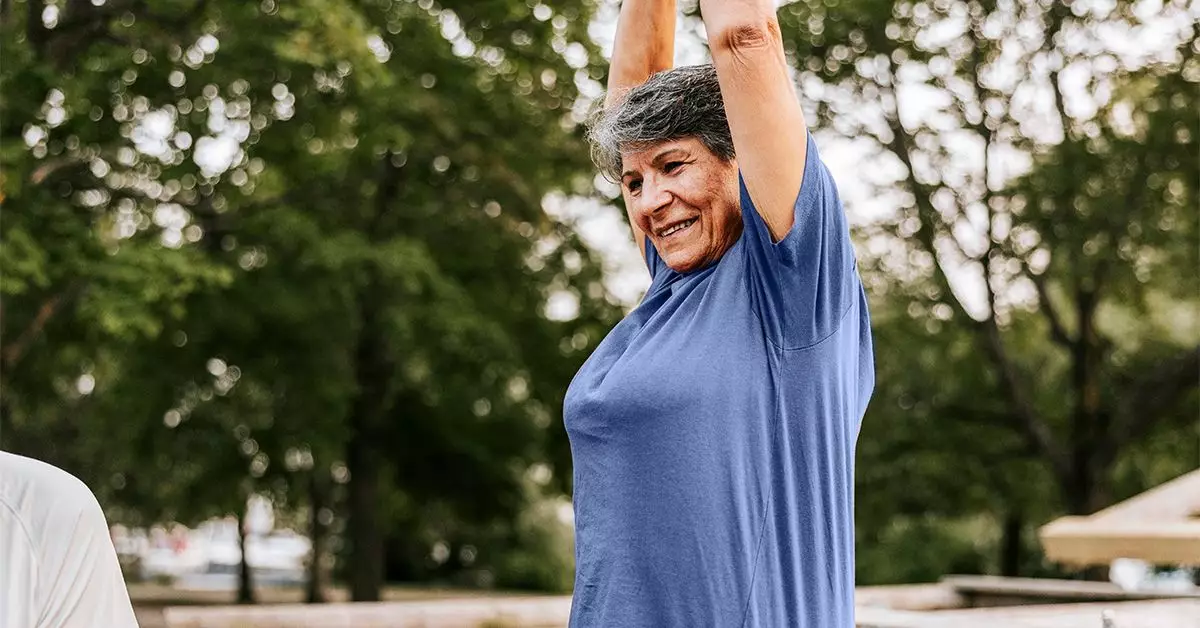Mild cognitive impairment (MCI) has gained attention as a pivotal stage in the continuum of cognitive health, acting as a precursor to more severe forms of dementia, including Alzheimer’s disease. With an aging population increasingly at risk, the investigation into factors that could mitigate cognitive decline is of paramount importance. Recent research underscores the vital role of physical exercise in not only maintaining cognitive function but also enhancing overall brain health. This growing body of evidence encourages a more proactive approach to aging, urging older adults towards regular physical activity as a potential safeguard against debilitating cognitive deterioration.
New Findings on Physical Activity and Cognitive Decline
Two recent studies unequivocally link consistent physical exercise, both low and moderate-high intensity, to a significant reduction in cognitive decline among older adults with MCI. These studies observed participants over a span of twelve months, revealing that those engaged in regular physical activity demonstrated greater cognitive stability than their sedentary counterparts. The implications of these findings could be transformative; they suggest that exercise is not merely beneficial, but essential in the fight against cognitive decline.
Laura Baker, PhD, a leading researcher in this field, highlights this relationship, noting how physical exercise can serve as a protective factor against MCI progression. Exercising regularly appears to combat the detrimental effects of prevalent health issues such as diabetes and heart disease, which are notorious for exacerbating cognitive decline. These findings affirm the potential of lifestyle intervention strategies, offering a beacon of hope for individuals grappling with early cognitive impairments.
Understanding the Under-the-Radar Nature of MCI
MCI, particularly the amnestic variant (aMCI), often goes unnoticed due to its subtle manifestations. Individuals may experience fleeting lapses in memory but function relatively normally in their daily lives, making it challenging for families, friends, and healthcare providers to recognize the problem. This invisibility poses a significant challenge: many individuals remain untreated until they exhibit more severe cognitive deficits. Baker emphasizes the importance of early intervention, arguing that recognizing and responding to MCI at this juncture could lead to better outcomes in combating Alzheimer’s disease progression.
The recruitment of participants for studies like EXERT aims to illuminate this critical window for intervention. By engaging individuals who are “under the radar,” researchers can explore the efficacy of targeted exercise regimens and establish essential connections between physical health and cognitive resilience.
Contrasting Exercise Regimens: Resilience in Diversity
A standout feature of the research is the demonstration that both low-intensity and moderate-high intensity exercises yield comparable benefits in cognitive function for older adults with MCI. This revelation expands the narrative around exercise, challenging the prevailing notion that only vigorous activities yield meaningful cognitive benefits. Instead, the research suggests that consistency and commitment to regular physical activity are far more significant than the intensity of the exertion itself. A regimen of three to four sessions per week lasting 30 to 45 minutes proves beneficial, accentuating that accessibility is key in promoting widespread engagement in physical activity for aging adults.
As the focus shifts from prescribed intensities to the encouragement of regular movement, more individuals may feel empowered to integrate exercise into their daily lives, further enhancing their cognitive health and quality of life.
The Brain’s Adaptive Potential Through Regular Movement
One of the remarkable insights from these recent studies is the observed reduction in brain volume loss among exercise participants, particularly in areas critical for cognitive function, such as the prefrontal cortex. This region is vital for higher cognitive processes, including attention, organization, and planning. The potential of exercise to preserve brain matter and functionality serves as a compelling argument for older adults to embrace physical activity as a crucial aspect of their health routine.
Aladdin Shadyab, PhD, emphasizes the necessity of understanding how brain health evolves with age. The aging process typically involves a natural decline in brain cell volume, but varying rates of this decline make it imperative for older adults to engage in activities that bolster brain health. Exercise, with its proven benefits, represents a proactive approach to combating this age-associated decline.
Implementing Healthy Habits for Lifelong Cognitive Vitality
Healthcare professionals, including neurologists, advocate for an active lifestyle as an essential component of brain health. Simple practices, such as stepping outside for a daily walk and engaging with educational opportunities, can create a robust foundation for cognitive vitality. As emphasized by experts in the field, health-promoting behaviors, including dietary improvements and social engagement, contribute to overall cognitive resilience.
The Alzheimer’s Association’s “10 Healthy Habits for Your Brain” serves as a guiding framework, encouraging individuals to embark on personalized pathways towards cognitive wellness. While individualized approaches may vary, the core tenets remain: prioritize exercise, maintain social connections, and commit to lifelong learning.
With continuing advancements in research highlighting the pivotal role of lifestyle choices in cognitive health, the importance of exercise becomes increasingly undeniable. As we confront the challenges of aging, embracing physical activity not only offers potential protection against cognitive decline, but also paves the way for enriched life experiences through sustained mental acuity.

